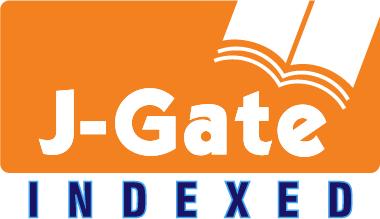Cultivating Sustainable Digital Literacy by Educational Pathways to Green Consumption in Thailand’s Digital Age
DOI:
https://doi.org/10.63718/dcer.v1i1.49Keywords:
sustainability knowledge, Green-Consumption, digital literacy, environmental awareness, digital toolsAbstract
This study explores how educational approaches in the digital age promote adopting green consumption behavior through digital tools, sustainability knowledge, and motivation. This study integrated the T.A.M and T-P-B to examine the interplay between environmental awareness, the perceived usefulness of digital tools, and the use of digital media for sustainability education. The data for Thailand's 169 educators, policymakers, and university teachers were analyzed using Smart PLS-SEM. Results demonstrate that environmental awareness, participants' motivation for green consumption, and their acquisition of sustainability knowledge significantly affect green consumption behavior. The results show strong relationships between the constructs and support for most hypothesized relationships. Environmental awareness positively and significantly influenced adopting Green-Consumption Behavior (H1a: β = 0.051, p < 0.001). Similarly, the Perceived Usefulness of Digital Tools significantly influenced the Adoption of Green-Consumption Behavior (H1b: β = 0.018, p = 0.035). The Use of Digital Media for Sustainability Education also significantly positively affected the Adoption of Green-Consumption Behavior (H1c: β = 0.160, p = 0.001). The findings of this study suggest that cognitive and digital resources play a critical role in actively shaping green consumption behaviors The challenge is identified as the technological barriers, which emphasize the importance of accessing and using user-friendly digital platforms. Furthermore, sustainability knowledge moderates the relationship between digital tools, environmental awareness, and Green-Consumption behavior, highlighting the importance of informed decision-making in sustainable practices. This research adds to the discussion on T.A.M and T-P-B by integrating sustainable education, providing theoretical and practical implications for facilitating sustainable consumption in the digital age. Research needs to expand to other populations in the future, and more advanced digital innovations are needed to improve sustainability education.
Downloads
Published
Issue
Section
License
Copyright (c) 2025 Lamphai Trakoonsanti, Qaiser Abbas (Author)

This work is licensed under a Creative Commons Attribution-NonCommercial 4.0 International License.







